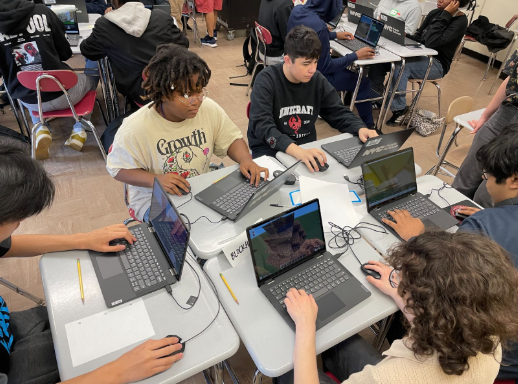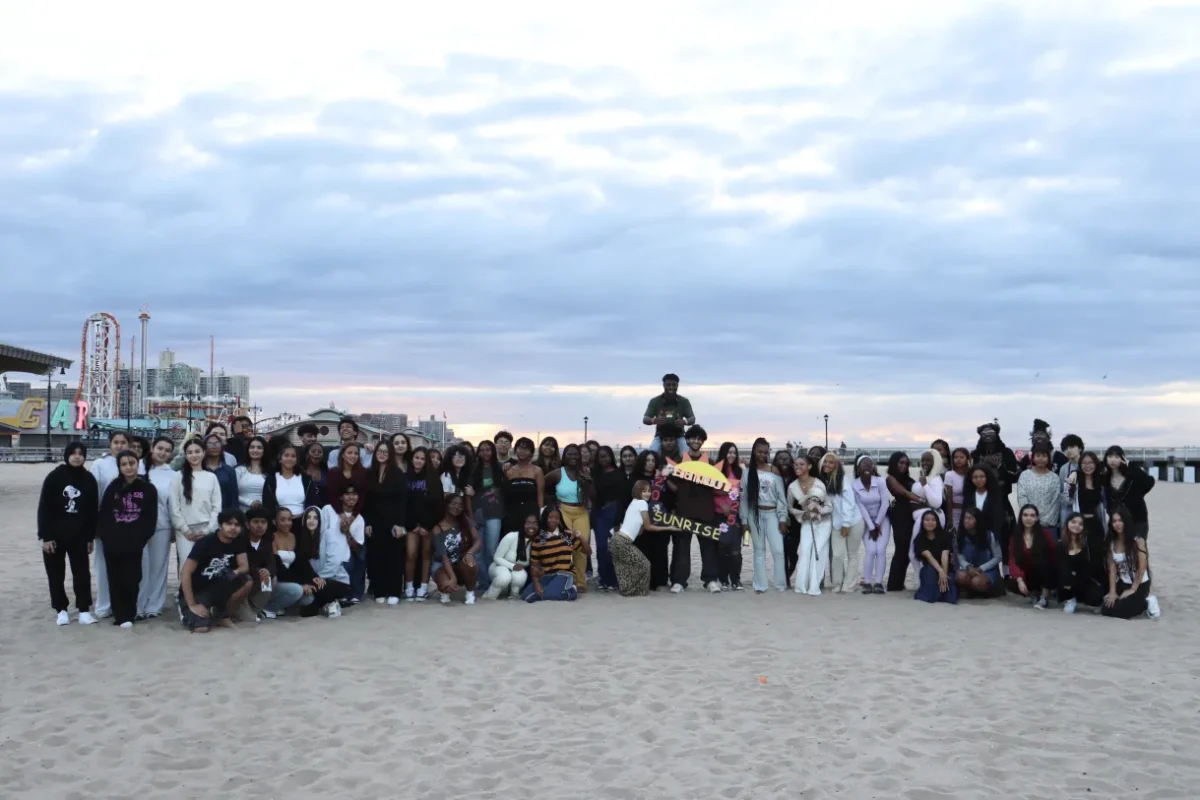It’s not a mystery that black holes exist, it may have been a new discovery, yet it isn’t a new concept for the universe. No notion in physics is as astonishing as a black hole, one of the most extraordinary entities in the universe. These cosmic phenomena have been the main focus of endless research studies, yet we’re nowhere near fully uncovering such an intricate anomaly.
A black hole is a region from the cosmos where its gravity is immensely strong and absolutely nothing, including light and other electromagnetic waves, has enough energy to escape it.
Recent research has opened a new outlook on the idea of a black hole and what it really is. Black holes have been one of the biggest philosophies in astrophysics, that even the most overqualified physicists are having trouble trying to piece together and figure out what a black hole is.
There have been broken fragments of ideas and theories about whether the laws of physics apply to black holes or whether a black hole defies the laws of physics.
Mr. Zolna, a teacher at Dewey has a comprehensive and constructed idea of how a black hole forms as he has stated “A black hole is when a star implodes on itself and creates a singularity.”
Should black holes be a common knowledge taught in schools? It can potentially open up a gateway to a higher understanding of the universe; according to Mr. Zolna, “I think there’s a lot of potential answers to many questions to space and gravity that we’ve yet to understand.”
Are Black holes a threat to us?
There’s nothing wrong with having a perplexed feeling about such a peculiar concept; it’s almost as if, the more you know, the more you realize you don’t know.
Recently, there has been news about a black hole lurking closer to Earth, which sounds quite daunting from our perspective. However, this isn’t an actual threat to us at all. NASA has claimed that no black hole is close enough to be a danger to us.
Recent News About Black Holes
With how far we’ve come what else is there to know about black holes? Recent breakthroughs have been revealing a higher apprehension for black holes. NASA reveals the audio of what a black hole ‘sounds’ like.
There have been encounters of new stars forming uncomfortably close to the milky way’s supermassive black hole. This isn’t necessarily good news. This cluster of stars is named IRS 13 which is only a few million years old, young by stellar standards. Supposedly these stars should not even exist. Only a half of a light year away from the galaxies supermassive black hole Sgr A*.

These figures from the study show some of what astronomers see when they observe IRS 13 and the region around Srg A*. The image on the left shows the black hole and several stars in the IRS 13 cluster. The image on the right shows a zoomed-in view with many of the dusty sources labelled. The numbered ones were newly identified in this research. Each dusty source is a YSO. Image Credit: Peibker et al. 2023.
Can Black Holes Somehow Benefit Us?
We can all agree that black holes are almost an eerie topic to look into, but what if they are actually benefiting us? A black hole is a star that collapses in on itself and creates a single point called a singularity. Objects travel one way, from the event horizon that moves towards the singularity which can’t be the other way around.
In relation to organisms; a conscious organism perceives its environment, the data captured within that moment gets converted through the sense organs and processed by the brain which (somehow) generates a conscious state.
Black holes aren’t big on reputation. The first black hole was first formed 13.7 billion years ago; it was finally discovered in 1964. Only now did we capture an image of the celestial being back in 2019.














